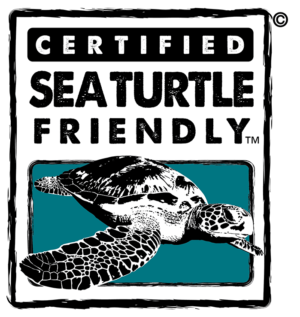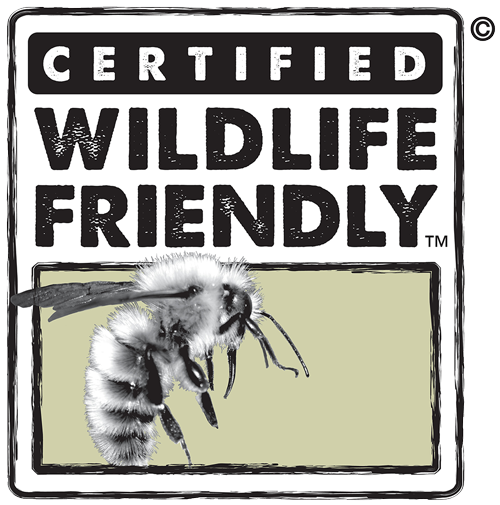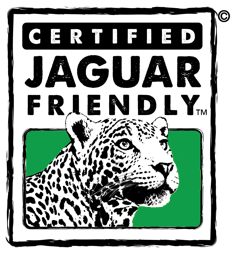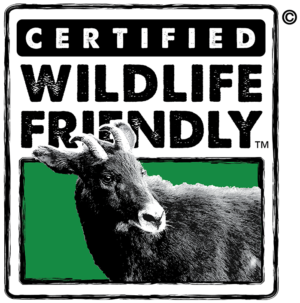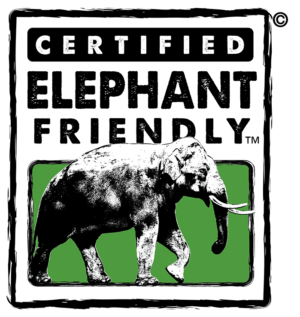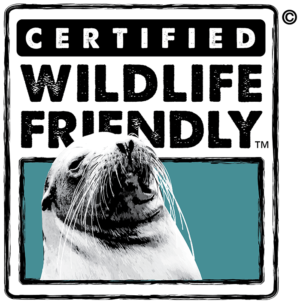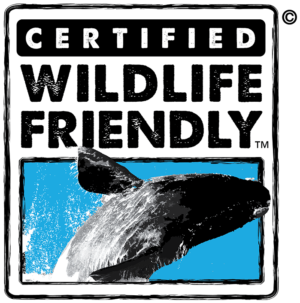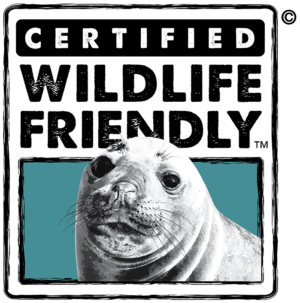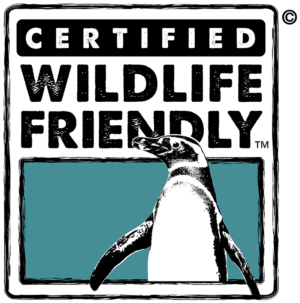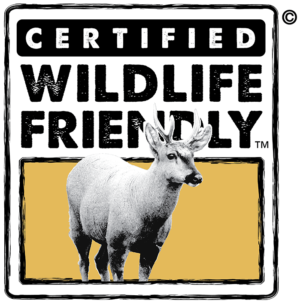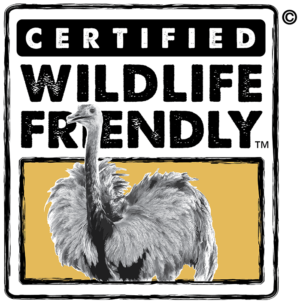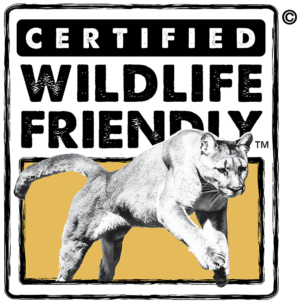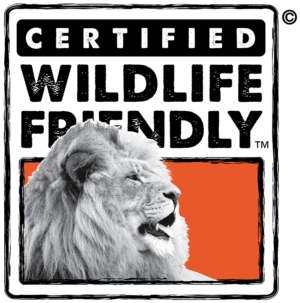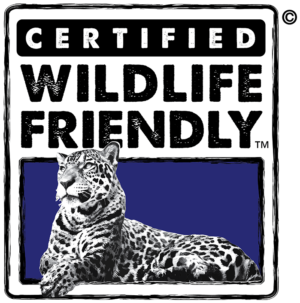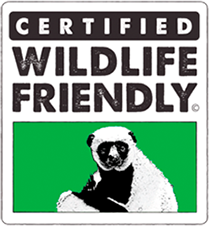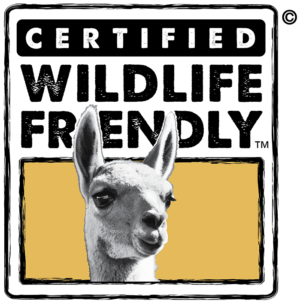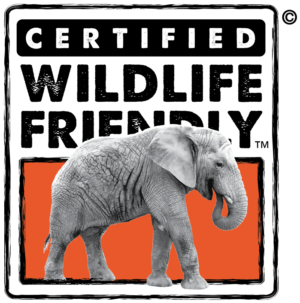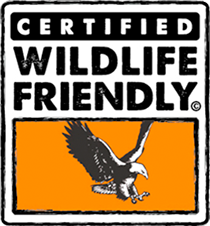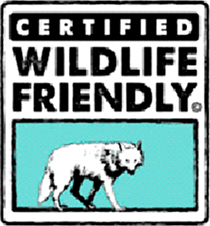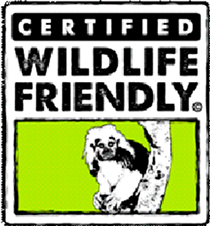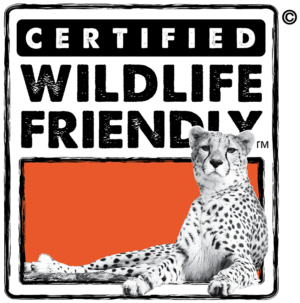Philippines
The Conflict
There are seven species of sea turtles in the world and all are at risk due to five major human-caused threats: 1) Fisheries Impacts; 2) Direct Take; 3) Coastal Development; 4) Pollution and Disease; and 5) Climate Change, according to the IUCN Marine Turtle Specialist Group. Many factors are contributing to a decline in the sea turtle population, including turtle hunting, collection of eggs for food and trade, illegal fishing, unsustainable fishing methods, civil conflict and weak law enforcement. Poorly planned beach development, lighting choices, and recreation – mainly provided for the benefit of the tourism industry – often interfere with turtle nesting and are a source of mortality.
The Solution
By partnering with local communities, the travel and hospitality industry, and on-the-ground conservation partners like the Wider Caribbean Sea Turtle Conservation Network (WIDECAST), Sea Turtle Friendly™ Tourism acts to reduce impacts of development and recreational activities and provides new and sustainable livelihood opportunities to protect these species.
Sea Turtle Friendly™ encourages the tourism sector to take pride in their role as sea turtle stewards and in securing a long-term future for a turtle-based tourism economy. Certification also empowers tourists to select hotel and excursion options with the confidence that they are truly supporting conservation efforts.
The Conservation Enterprise
El Nido Resorts and Lio Tourism Estate, a group of private island resorts and a tourism estate in the Philippines that is part of the Ten Knots Group, a subsidiary of the Ayala Land, Inc., are the first in the world to be awarded Sea Turtle Friendly™ Tourism Certification. Working with WFEN since 2017 to develop, implement and pilot best practice guidelines for resorts, tour operators, and other tourism businesses to contribute to conservation, El Nido Resorts and Lio Tourism Estate have demonstrated their commitment to sustainability and the protection of biodiversity including critical mangrove, seagrass, and coral reef ecosystems.
Caribbean
The Conflict
Coming soon
The Solution
Coming soon
The Conservation Enterprise
Coming soon
USA
The Conflict
Coming soon
The Solution
Coming soon
The Conservation Enterprise
Coming soon
| Species | Population Trend | IUCN Global Status |
|---|---|---|
| Hawksbill | Decreasing | CRITICALLY ENDANGERED |
| Green | Decreasing | ENDANGERED |
| Leatherback | Decreasing | VULNERABLE |
| Loggerhead | Decreasing | VULNERABLE |
| Olive Ridley | Decreasing | VULNERABLE |
| Kemp’s Ridley | Unknown | CRITICALLY ENDANGERED |
| Flatback | Unspecified | DATA DEFICIENT |


